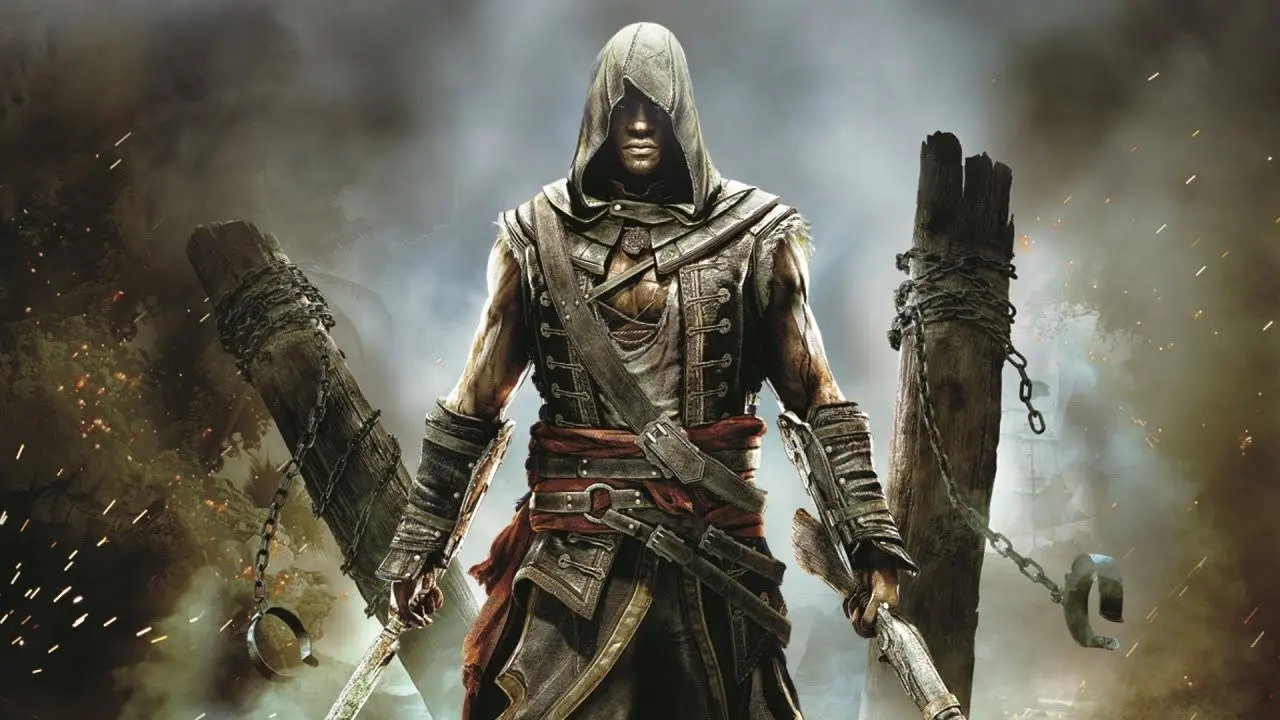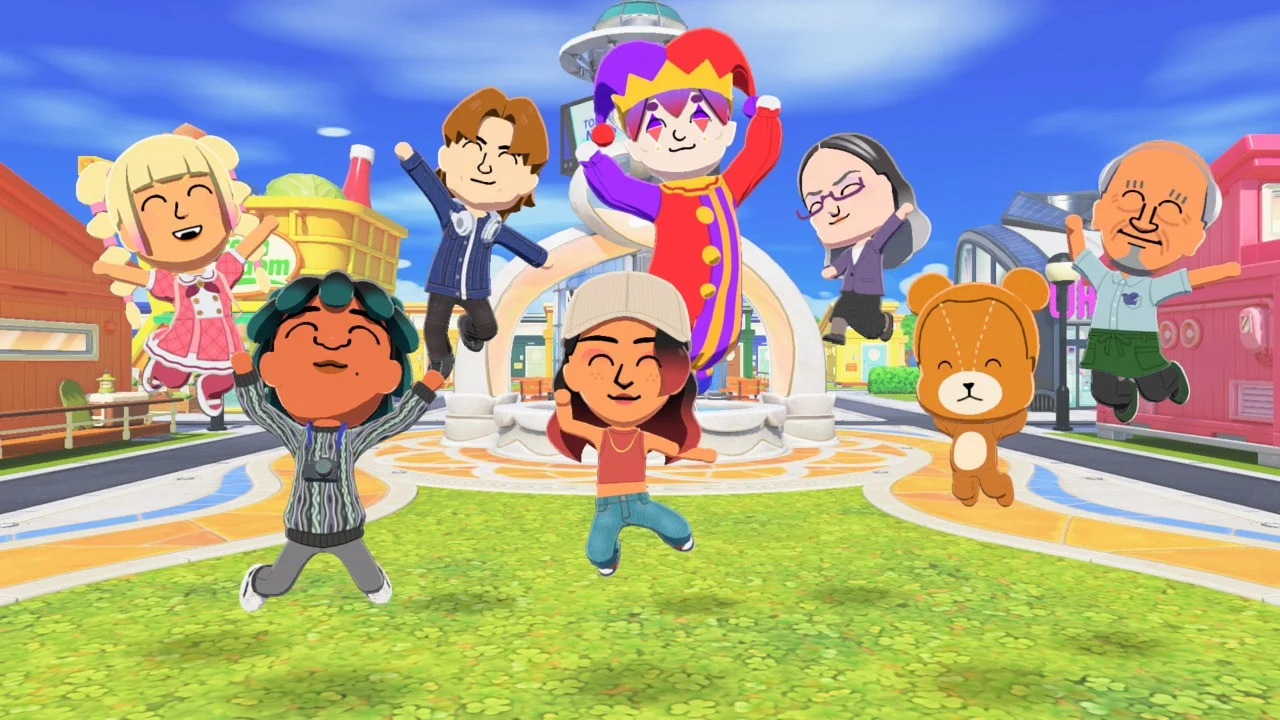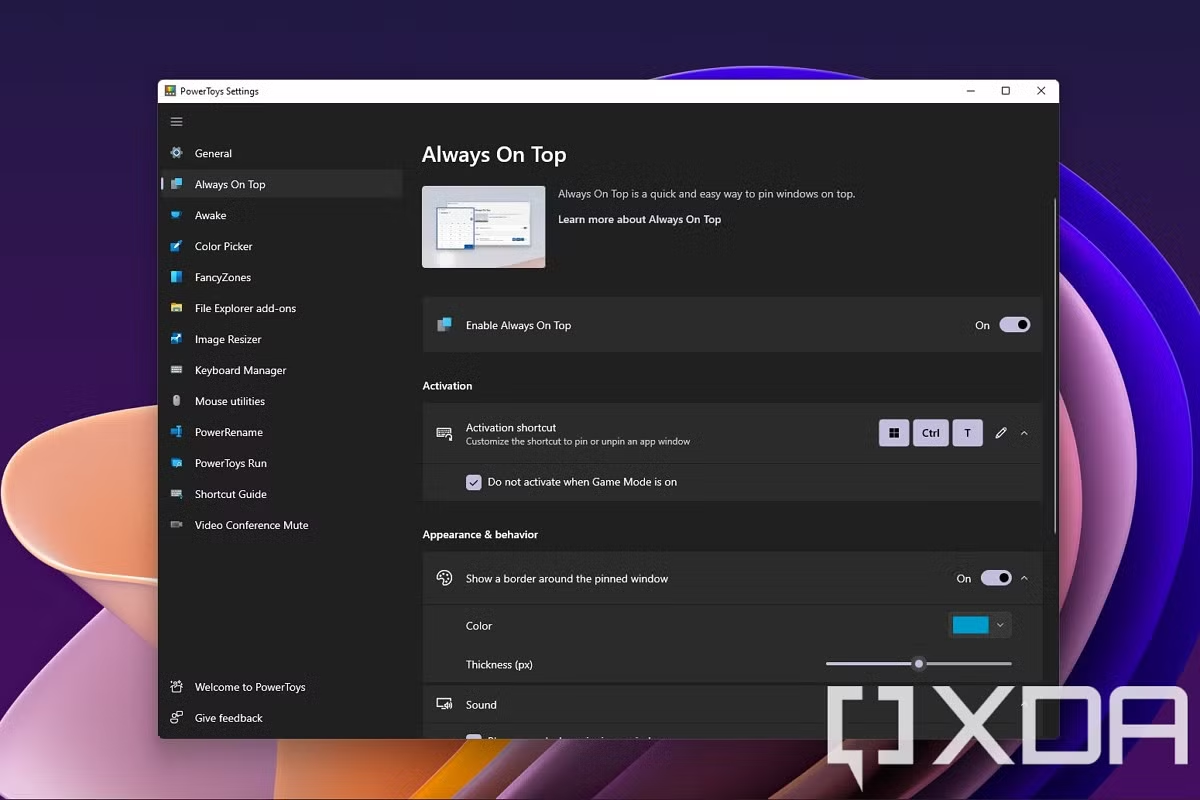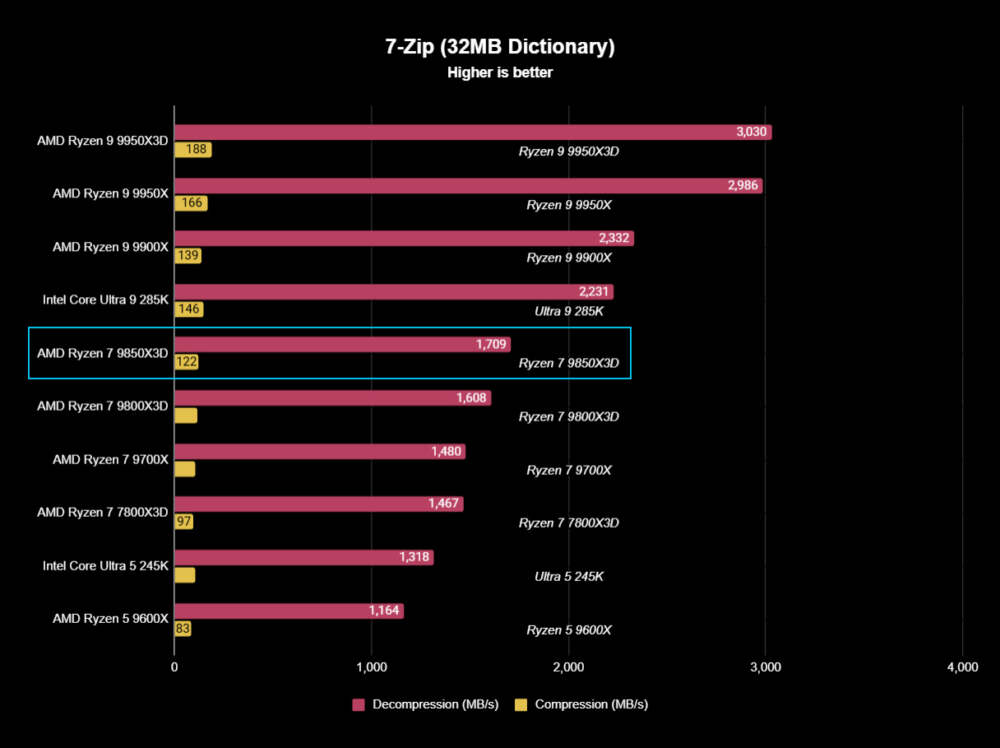Ubisoft, one of the world’s largest video game publishers, has reportedly cancelled a planned Assassin’s Creed title that was set to explore one of the most turbulent chapters in American history — the Reconstruction era following the U.S. Civil War. The decision, according to multiple insiders, stemmed from fears that the project’s politically sensitive subject matter could ignite controversy in today’s polarized climate.
The unreleased project, allegedly known internally as “Project Scarlet,” would have featured a formerly enslaved Black protagonist and delved deeply into themes of freedom, racial violence, and rebuilding a fractured nation. Developers involved with the early concept said the cancellation was a major creative blow to a studio that has often prided itself on bringing complex historical periods to life.
A Bold Concept Rooted in American History
Project Scarlet was reportedly envisioned as a sweeping historical action RPG set in the aftermath of the American Civil War, during the Reconstruction period of the late 1860s. The protagonist, a man who had been enslaved in the South before joining the Assassin Brotherhood, would return home to confront the social and political turmoil of postwar America.
The game’s narrative, according to early drafts, would have intertwined historical events with fictional intrigue, showcasing how the Assassin–Templar conflict shaped the new United States. Players were expected to navigate a world divided by racial violence, political corruption, and clashing visions of freedom — a setting rarely explored in mainstream entertainment, much less a blockbuster video game.
Developers reportedly researched Reconstruction-era America extensively, studying the rise of white supremacist groups, the federal government’s efforts to enforce civil rights, and the role of Black communities in shaping the post-slavery South. The game would have featured the Ku Klux Klan as one of the central antagonistic factions, depicting their acts of terror and opposition to social change — a narrative choice Ubisoft executives later deemed “too politically charged.”
Why Ubisoft Pulled the Plug
Sources within Ubisoft claim the project’s cancellation was finalized sometime in mid-2024, before full production began. While the company has not commented publicly, several factors are believed to have influenced the decision.
1. A Volatile Political Climate
Ubisoft executives were reportedly concerned that releasing a game centered on racial injustice and systemic violence could invite backlash from across the political spectrum, particularly in the United States. With ongoing national debates about race, history, and education, some within the company feared the game might be labeled as “politically divisive” — a risk the publisher was unwilling to take.
One developer familiar with the decision said, “It wasn’t about whether the story was good or bad — it was about timing. The feeling was that the world isn’t ready for this kind of game right now.”
2. Fallout from Past Controversies
The controversy surrounding Assassin’s Creed Shadows — which features Yasuke, a Black samurai, as one of its dual protagonists — also influenced Ubisoft’s caution. While Shadows received widespread praise for historical authenticity, it also faced a vocal wave of online criticism over representation and creative choices. Executives feared another backlash could overshadow the company’s upcoming releases.
3. Business and Brand Risk
Ubisoft, already balancing several high-budget projects and restructuring its internal teams, reportedly concluded that a politically sensitive setting could endanger partnerships, marketing campaigns, and investor confidence. By contrast, the company has recently leaned toward safer, globally palatable storylines, such as Assassin’s Creed Mirage and Shadows, set in familiar historical contexts like Baghdad and feudal Japan.
Developers Frustrated by Lost Opportunity
Inside Ubisoft, the cancellation reportedly left many developers disheartened. Several saw Project Scarlet as a chance to push the franchise in a daring new direction — one that confronted real historical trauma while expanding the diversity of its storytelling.
“The Reconstruction era is one of the most powerful backdrops you could imagine,” said one source. “It’s about rebirth, identity, justice — all the themes Assassin’s Creed was built on. To walk away from that because it’s controversial felt like a missed opportunity.”
Developers argued that Assassin’s Creed has always been political by nature. From revolutions in France and colonial America to ideological clashes in ancient Greece, the series has consistently used history to explore power, belief, and rebellion. For many, Project Scarlet represented an evolution — not a deviation — of that legacy.
A Missed Chance for Representation
Had it gone forward, Project Scarlet would have marked the first mainline Assassin’s Creed game to feature a Black protagonist as the sole lead — a milestone in representation for a franchise that has long celebrated cultural diversity.
Industry commentators have noted that the Reconstruction period remains an underexplored chapter in gaming and film alike, despite its profound importance in shaping modern America. The era’s mixture of hope, violence, and transformation offers a narrative landscape rich with potential.
Gaming critics have lamented that Ubisoft’s decision reflects a broader industry trend: creative hesitation when tackling socially charged subjects. As one journalist put it, “The safest route is rarely the most interesting one. Ubisoft had the chance to do something groundbreaking — and they blinked.”
Balancing Art, Commerce, and Controversy
The cancellation raises larger questions about how far major game studios are willing to go in confronting sensitive historical realities. While Ubisoft has marketed Assassin’s Creed as a franchise that “tells the history of humanity,” its leadership has often reiterated that the games are “not meant to make political statements.”
However, in practice, separating history from politics has become increasingly difficult. Whether it’s the depiction of revolution, empire, or oppression, every Assassin’s Creed entry engages with the power dynamics of its era — and players are more aware of those implications than ever before.
Ubisoft’s caution mirrors a wider industry pattern: as the global gaming audience diversifies, so do expectations and sensitivities. Developers must now navigate not only creative storytelling but also the politics of perception, social media discourse, and regional market sensitivities.
Could the Project Return?
Though the concept has been shelved, sources suggest the idea may not be dead forever. Some of the narrative frameworks and design concepts from Project Scarlet could resurface in future entries, either as standalone projects or in smaller story arcs within other Assassin’s Creed games.
The company is reportedly committed to expanding the Assassin’s Creed Infinity platform — a long-term live service hub connecting multiple timelines and settings. That model could one day allow Ubisoft to revisit riskier historical settings through optional storylines or smaller-scale experiences, giving creative teams more freedom while minimizing corporate risk.
A Reflection of the Times
The cancellation of Ubisoft’s Reconstruction-era Assassin’s Creed highlights the ongoing tension between creative authenticity and corporate risk management. It reflects an entertainment landscape where even historical fiction is weighed against political optics and cultural sensitivity.
For fans and developers alike, it’s a sobering reminder that the stories we tell — and the ones we decide not to tell — reveal as much about the present as they do about the past.
















Leave a Reply